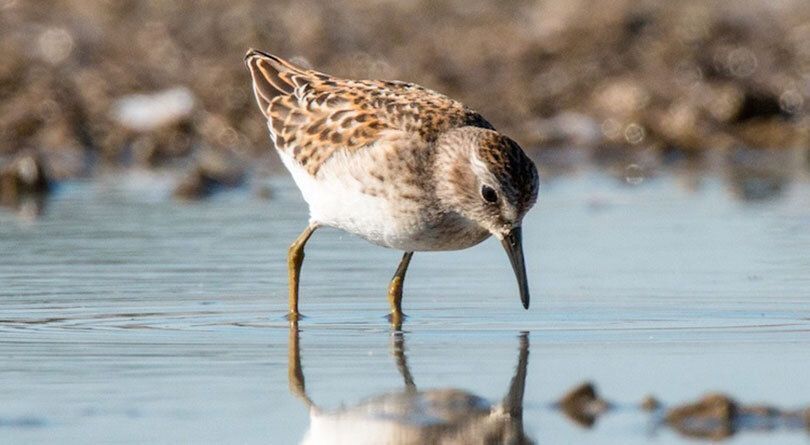General
Spring Migration: During March, Nebraska hosts one of the most spectacular examples of migration, the Sandhill Crane, along the Platte River between Grand Island and Lexington. The waterfowl migration is also an exciting natural event, particularly the concentrations of a half million Snow Geese and 100,000 Greater White-fronted Geese in the Rainwater Basins.
Fall Migration: Fall migration begins in July with shorebirds (numbers peak in August). Hawk migration begins in mid-September and continues through October. Warbler migration begins in late August and peaks in early September.
Calendar
The following calendar includes information about bird migration. Data is included for the months of peak migration: March, April, May, September, October, November. Please note that arrival times can be affected by weather patterns.
For the latest sightings and locations by county, please click here

